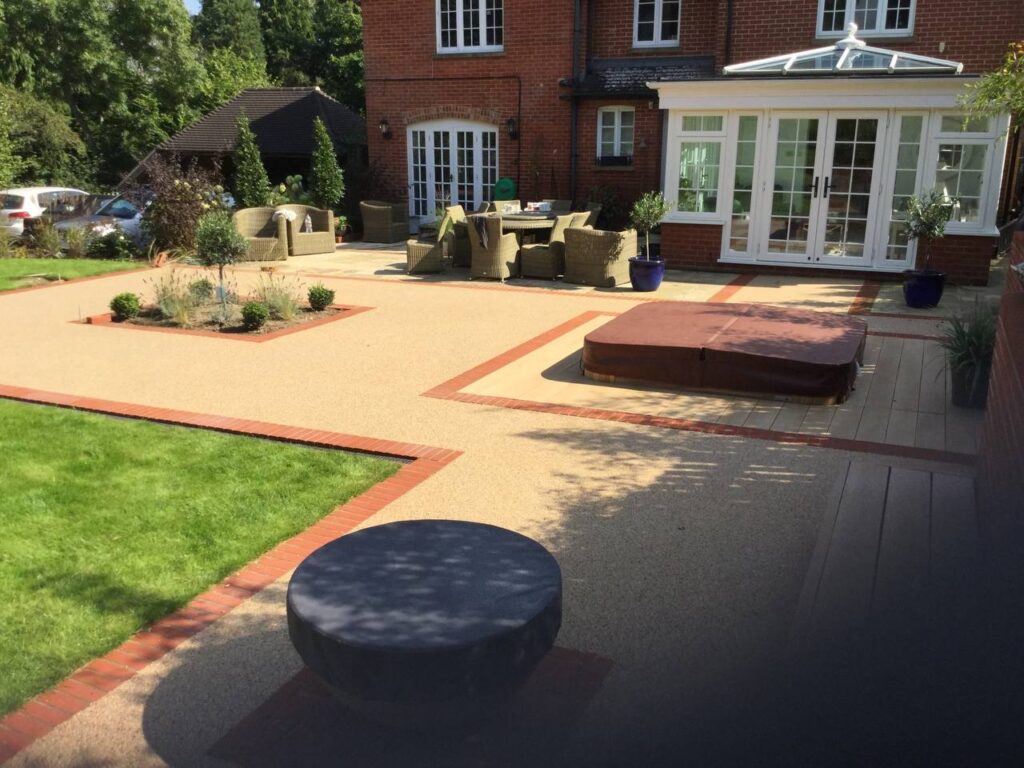How Tarmac Supports Sustainable Urban Development
Introduction: In pursuing sustainable urban development, the choice of materials for infrastructure plays a crucial role. Tarmac, a popular surfacing material for driveways and roads, offers several benefits that align with sustainability goals. Let’s explore how tarmac contributes to sustainable urban development in Whitstable:
1. Environmental Impact
Tarmac, also known as asphalt, is inherently recyclable and reusable. Its composition includes aggregates, bitumen, and filler materials, which can be reclaimed and reused in new tarmac mixes. This reduces the demand for virgin materials and minimises waste disposal, making tarmac a sustainable choice for paving projects.
2. Energy Efficiency
Tarmac production and application require less energy than alternative materials like concrete. Lower energy consumption during manufacturing translates into reduced carbon emissions, contributing to efforts to mitigate climate change. Tarmac’s energy-efficient properties make it a favourable option for urban planners and developers aiming to reduce their environmental footprint.
3. Urban Heat Island Effect Mitigation
Urban areas often experience elevated temperatures due to the heat island effect caused by extensive use of concrete and asphalt surfaces. With its lighter colour options and ability to reflect sunlight, Tarmac helps mitigate this effect by reducing surface temperatures. This contributes to a more comfortable urban environment and lowers the demand for energy-intensive cooling systems in buildings.
4. Stormwater Management
Properly designed tarmac surfaces can facilitate effective stormwater management in urban settings. Permeable tarmac solutions allow rainwater to infiltrate the ground, replenishing groundwater tables and reducing strain on municipal drainage systems. This sustainable approach to water management helps mitigate flood risks and improves the overall resilience of urban infrastructure.
5. Durability and Longevity
Tarmac surfaces are renowned for their durability and longevity, requiring less frequent maintenance than other materials. This reduces the need for resource-intensive repairs and replacements, further supporting sustainable development objectives by extending the lifespan of paved surfaces and minimising lifecycle costs.
6. Contribution to Green Building Standards
Tarmac’s sustainable attributes align with various green building certifications and standards. Projects that incorporate tarmac surfaces may earn points towards sustainability ratings such as BREEAM (Building Research Establishment Environmental Assessment Method) or LEED (Leadership in Energy and Environmental Design), enhancing the overall environmental performance of urban developments.
Conclusion: Choosing tarmac for driveways and urban roads in Whitstable supports sustainable urban development goals through its recyclability, energy efficiency, heat island mitigation, stormwater management capabilities, durability, and alignment with green building standards. As urban areas evolve, prioritising materials that offer environmental benefits is crucial. Tarmac is a versatile, sustainable option that creates resilient, eco-friendly urban environments.
Call us on: 01227 532 697
Click here to find out more about Whitstable Driveways
Click here to complete our contact form and see how we can help you with your driveway needs.

